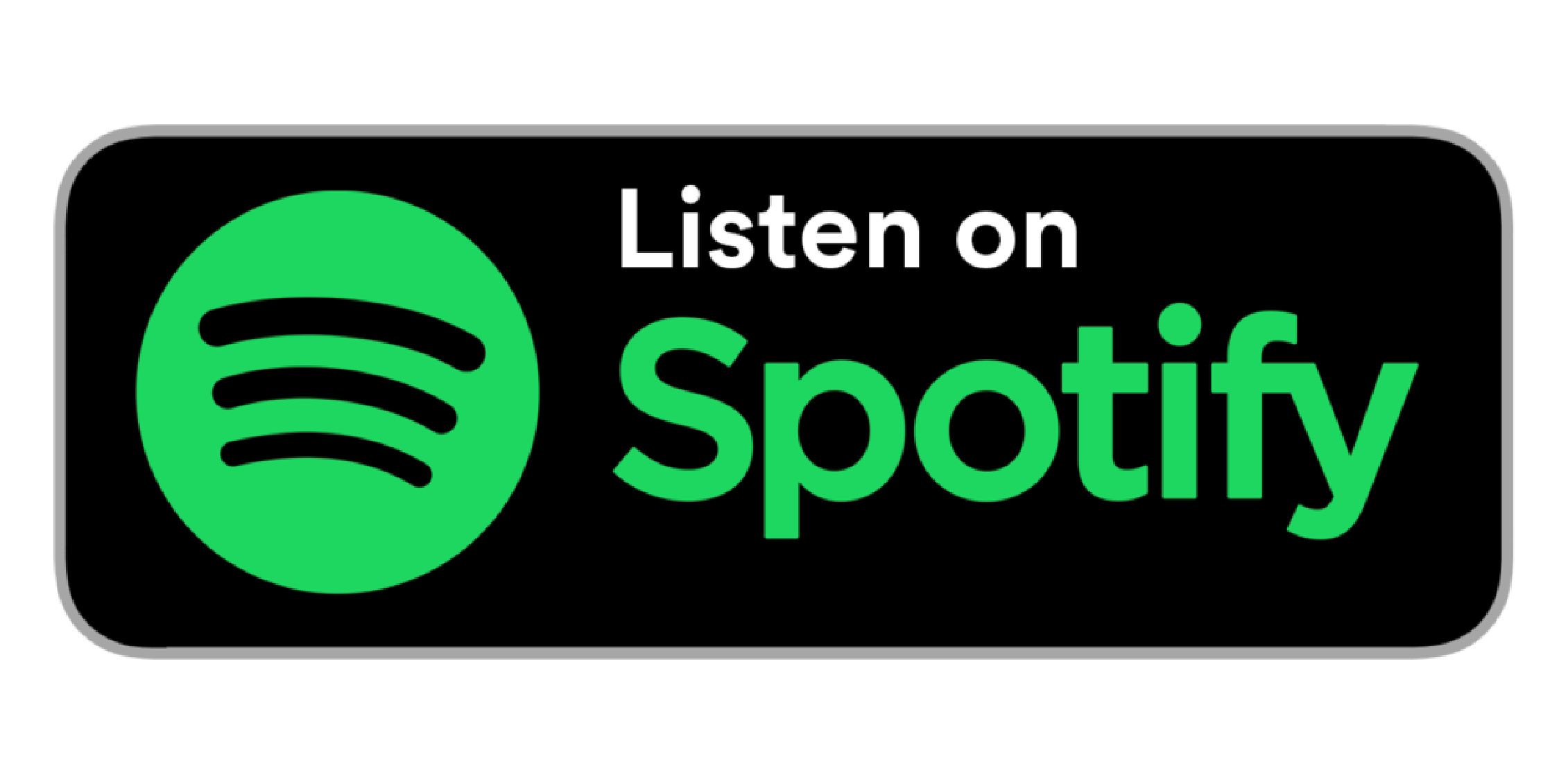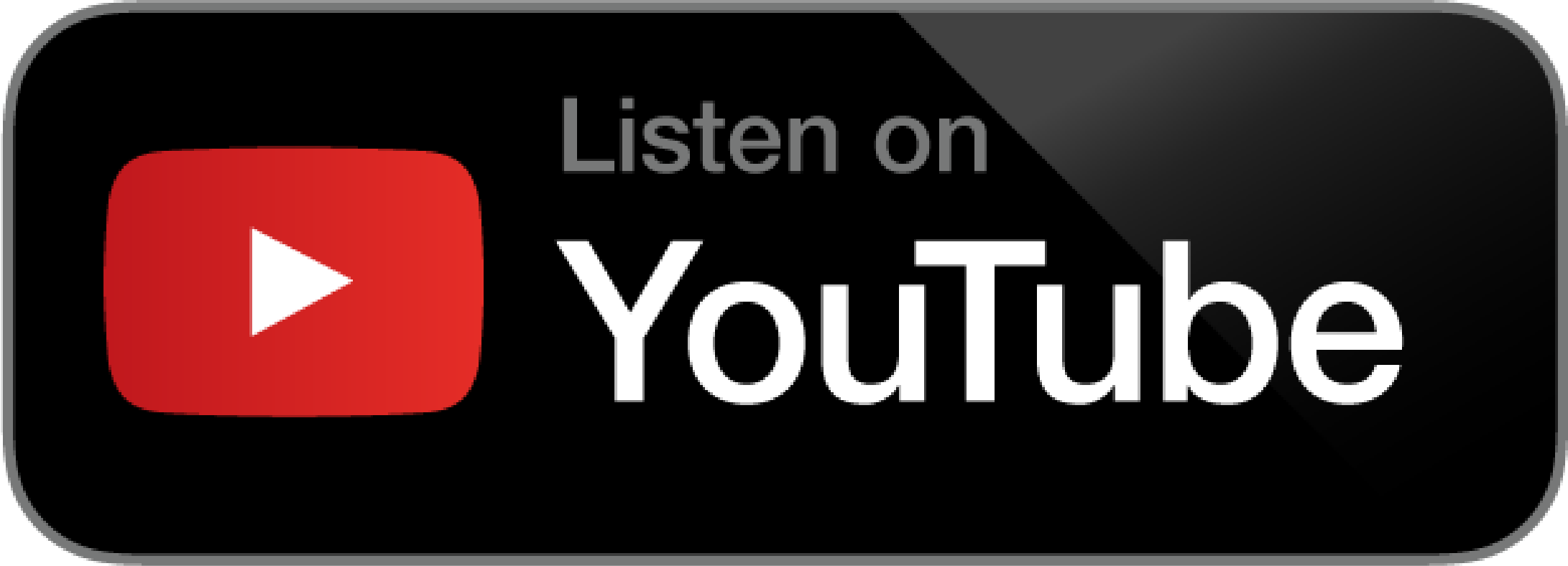Having the conversations our kids deserve.
Integrating perspectives on the many aspects of a rich human life toward a vision for well-being and flourishing. Originally active 2015-17, re-launched 2021.
Hosted by Salt Lake City’s Danielle LeCourt—science writer, research nerd, communication professor, mother of two.
"Beyond half full or half empty, I seek the glass."
Recent Episodes
To see all past episodes, check out our archives.
Forgiveness is a skill and a practice that we can embody to live more peaceful lives. Yet it’s not one that is often taught, leaving many people confused about the tasks involved with moving forward through unpleasant or even traumatic experiences. To go from being disturbed to being at peace with your life, to transition from an argument with life to an acceptance of life — this is the work of forgiveness. Essentially, forgiveness is making peace with the word “no.”
What if most of your conversations about time are actually conversations about feelings?
80% of working adults feel like they’re “time-poor,” but time is a tricky concept to pin down. What many people really mean when they say “I don’t have enough time” is that they feel stressed or overwhelmed by the demands of work and life. This truth has costly consequences—feeling time-poor can have stronger negative effects on happiness than being unemployed. Dr. Ashley Whillans of Harvard Business School discusses the research linking time and well-being and offers suggestions on how to adopt a healthy time lifestyle.
Flourishing provides a framework for how to live well by taking into account individuality, constraints, and systems. Yet what does it look like to apply this framework in education? Classroom-teacher-turned-positive-psychologist Nick Holton has been exploring the concept of flourishing through a performance lens to determine how to help students become the best versions of themselves. Nick includes concepts like achievement, mastery, motivation, flow, meaning, and connection in his promotion of flourishing in schools. He also acknowledges the role of privilege in well-being and how to repair system-level concerns to help more people access vital aspects of life.
In sports, there’s a fine line between growth and exhaustion, strength and breakdown, health and pathology—and this couldn’t be more true for athletes competing during the global COVID-19 pandemic. Yet sports also provide a unique playground for the development of mental tools, identity, and tolerance for discomfort. In this conversation with Beth Launiere, storied head coach of the University of Utah Women’s Volleyball team, we discuss the mental and emotional facets of competition and the responsibility of the systems and leaders that support elite athletes. We also discuss the challenges of a season during COVID and social unrest and how tumultuous times can give way to a fresh start.
In a time of great division, we become positional and put up our walls. So in this episode with the University of Utah’s Dr. Danya Rumore, we talk about how to attack problems, not people, avoid zero-sum thinking, and manage our needs to come together in a time marked by cancel culture, aggression, and a breakdown of dialogue. We even dive into the mass migration to the rural Mountain West and how income inequality, housing affordability, and water issues necessitate greater skills in conflict and dialogue.
What does it mean to be well? In this conversation with Dr. Matthew Lee, Director of Empirical Research at Harvard's Human Flourishing Program, we run the gamut of subject matter—love, spirituality, inner peace, business—in search of the answer. A sociologist and former criminologist, Lee's research explores the pathways to human flourishing, benevolent service to others, and the integration of social science and the humanities.
In this conversation with Dr. Christine Seifert, we unpack what ‘productivity’ really means and the assumption of morality that unpins it. A professor of communication and author of a number of books and articles, Dr. Seifert thinks deeply and often about the mechanics and implications of rhetoric and how we can be deliberate in our engagement with metaphor.
Conversations about individuals and systems tend to veer into the realm of either/or. Yet in this episode, Francois Sauer and I explore how complex, dynamic systems can work to serve individuals and create an environment for human flourishing.
In this episode, I talk to Dr. Eileen McNeely, Founder and Executive Director of the Sustainability and Health initiative for Netpositive Enterprise (SHINE) at Harvard University, about how the pandemic is affecting workers and the role of work in human flourishing.
The conversations our kids deserve about well-being, behavior, education, data, science, technology, the future, and the past. Hosted by science, technology, and education writer Danielle LeCourt.
"Beyond half full or half empty, I seek the glass."
The resource disparity between the nonprofit sector and the corporate world can be closed through an innovative approach to CSR: skills-based volunteering. Common Impact CEO Danielle Holly explains on this episode of Re-Quilibrium.
How can we use research on decision making as inspiration for behavior change strategies? In this episode, Matthew Wilcox discusses how to better influence people's choices by working with human nature, not against it.
Want to create awesome podcast graphics?
Check out Headliner and sign up by clicking on the logo below!
















